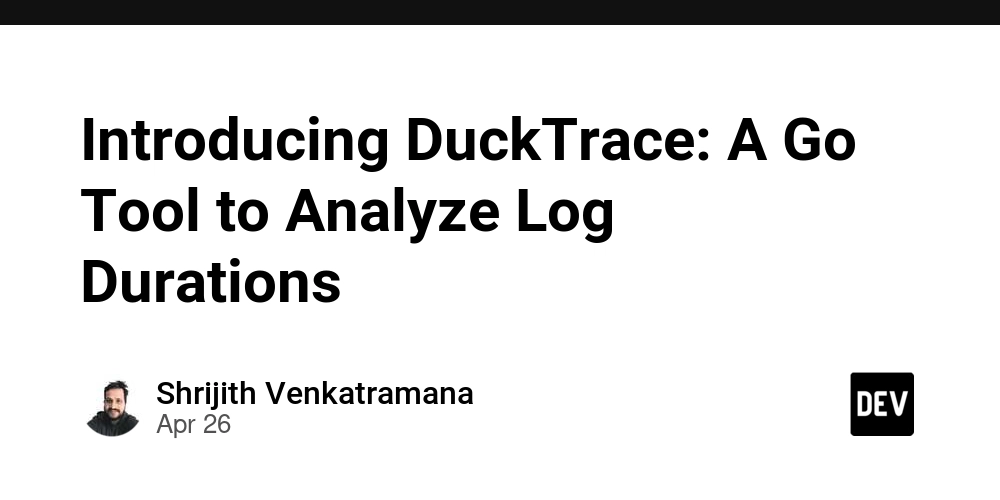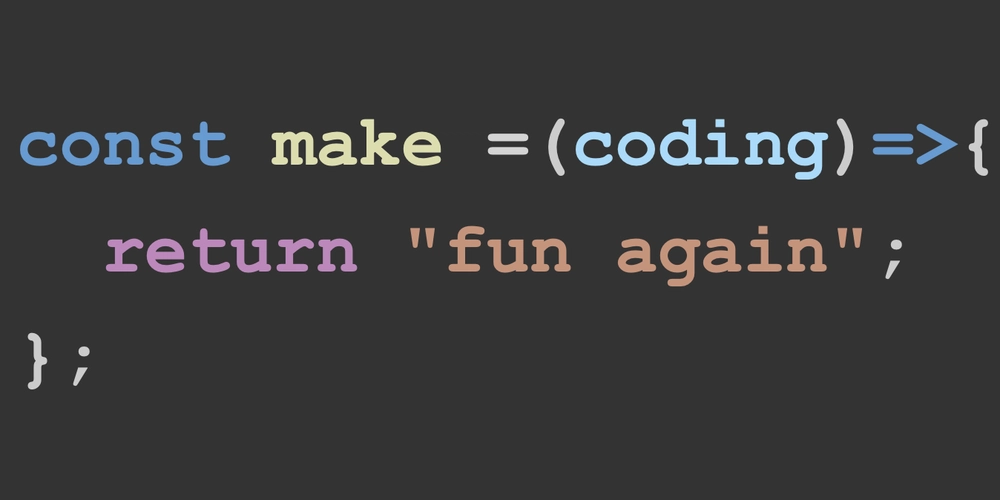Eliminate Noise: Master OpenScanHub False Positive Filtering for Cleaner Code
Frustrated by endless alerts that aren't real issues? Learn how to effectively use OpenScanHub to filter out false positives, saving you time and ensuring your team focuses on genuine security vulnerabilities. This guide shows you how to leverage OpenScanHub's built-in features, using true-positives-ignore.err and exclude-paths.txt files, plus the csfilter-kfp tool, to achieve a cleaner, more actionable security analysis.
Silence the Noise: Suppressing Known False Positives in OpenScanHub
OpenScanHub is a fantastic tool for identifying potential security vulnerabilities. However, like any static analysis tool, it can sometimes flag false positives. These misleading alerts waste time and make it harder to spot real problems. The key is to tell OpenScanHub what isn't a problem, allowing you to prioritize real security risks.
- Maintain a Clean Repository: Only add entries you're absolutely certain are false positives to avoid overlooking genuine flaws.
Temporary Relief: Ignoring True Positives (With Caution) in OpenScanHub
Sometimes, you might want to temporarily suppress a true positive finding, like when a fix is already in progress. OpenScanHub offers a mechanism for this, but use it judiciously:
-
true-positives-ignore.errFile: Create this file within the specific package directory (${PKG_NAME}/true-positives-ignore.err). -
Treat with Respect: This file uses the same syntax as the standard
ignore.errfile. -
Responsibility: Developers must maintain and update this file. Document the reasoning for ignoring the finding (e.g., "accepted risk," "won't fix").
Ditch Test Findings: Excluding Test Paths from OpenScanHub Scans
Static analysis on test code often yields irrelevant results. OpenScanHub lets you exclude entire directories of test code from analysis:
-
Create
exclude-paths.txt: In the relevant package directory, create a file named${PKG_NAME}/exclude-paths.txt. This is crucial for projects with extensive testing suites. -
Regular Expressions: Each line in the file should contain an extended regular expression that matches the source paths you want to exclude. For example, excluding all directories named "test":
.*\/test\/.* -
Boost Efficiency: Excluding test paths drastically reduces the number of findings requiring review, making your scan more efficient.
Local Testing: Applying Filters with csfilter-kfp for OpenScanHub
Before committing your changes, test your filters locally to ensure they work as expected. This is where csfilter-kfp comes in handy.
-
csfilter-kfpTool: This tool, included in thecsdiffpackage (available in Fedora and EPEL), lets you preview the results of your false positive filters. You can pinpoint and refine configurations effectively. -
Local Analysis: It allows a developer to see the impact of the
known-false-positivesrepository and their local overrides (true-positives-ignore.err,exclude-paths.txt) before pushing changes.
By mastering these techniques, you can significantly improve the signal-to-noise ratio of your OpenScanHub results. You'll spend less time chasing ghosts and more time securing your code. This approach leads to fewer distractions and allows you to address genuine vulnerabilities quickly and efficiently. Remember to always prioritize genuine security issues; treat filtering as a way to sharpen focus, not ignore problems.


















